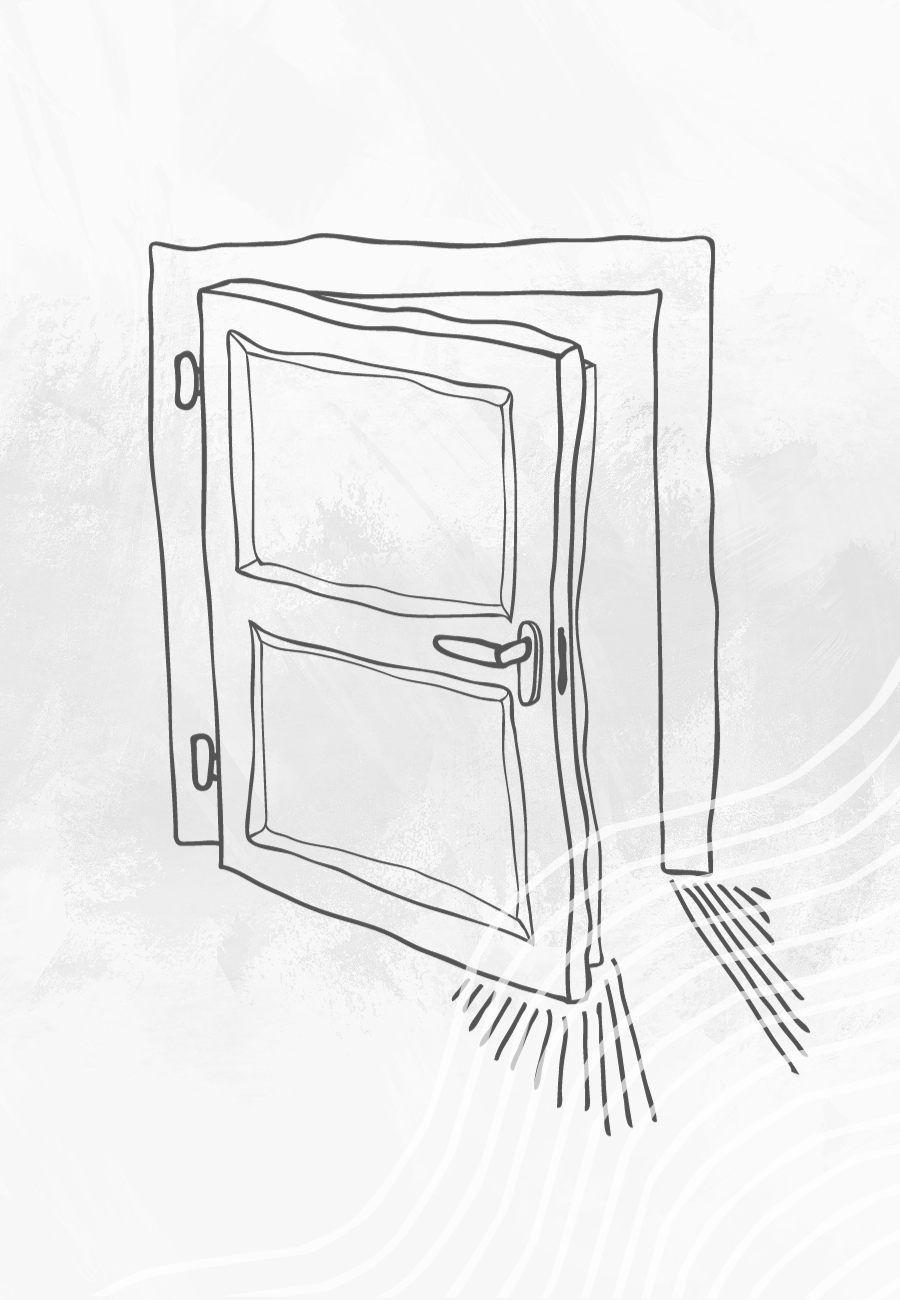Could you maybe give us a case example?
Yes, of course. For example, I can think of the case of a woman who came to us as a self-reporter in her early thirties. She was sexually abused by her father when she was a child, around 5–10 years old. In the course of her therapy, she had realised that she would not be able to come to closure with this experience as long as she did not discuss certain things with her father. It was her wish that her father would show insight into the abuse, take responsibility and acknowledge his guilt and also her suffering. I worked on the case with a co-mediator and we prepared both the injured party and the accused separately for a joint conversation. The injured party came to the dialogue session with her lawyer during which the accused talked down the deeds, talked around and played down what had happened. He also said that he was sorry, but in the totality of his statements it was too little for the injured party. The accused father did not want to agree to a compensation payment; however, he did agree to participate in a perpetrator training. However, he only went there a few times in the end and then dropped out. The injured party was disappointed both at the end of the interview and by her father’s unwillingness to complete the training. She had hoped for more from him. However, she was determined to try, even being fully aware of this risk. The case shows once again the point that I have already mentioned. It illustrates why transparency and pointing out dangers and risks is so important to me.
Another case also involved the sexual abuse of a child, but by an employee of the father. The child was nine years old when the crime was committed, and eleven years old when it was referred to victim-offender mediation. At the mother’s request, I did not talk to the child because she was in therapy and had a space there to talk about what had happened. I had many conversations with the mother. On the one hand, she wanted justice for her daughter, but also that the perpetrator would not do something like that to any child again. So she imagined an apology; but that was not enough. In addition, she thought a compensation payment would be fair, as well as participation in training.
The accused came to talk to me together with a lawyer and admitted the crime and emphasised that he was sorry. He had already made a payment of 3000€ to the father — the parents lived separately. The father confirmed the payment to me, but insisted that he would not give the money to the daughter until she reached the age of majority, because he feared that otherwise the mother would use it for herself. On the advice of his lawyer, the defendant paid another 2000€ to the mother for the daughter, in order to enable them to go on vacation. In addition, he completed training in awareness of and respecting the boundaries of others, especially children. In this case, it became apparent to me that there was the girl involved as the direct injured party, but the mother was also indirectly injured. While it seemed best for the girl to continue working on her injuries in therapy, the mediation was an appropriate space for the mother to move forward in her coping.







